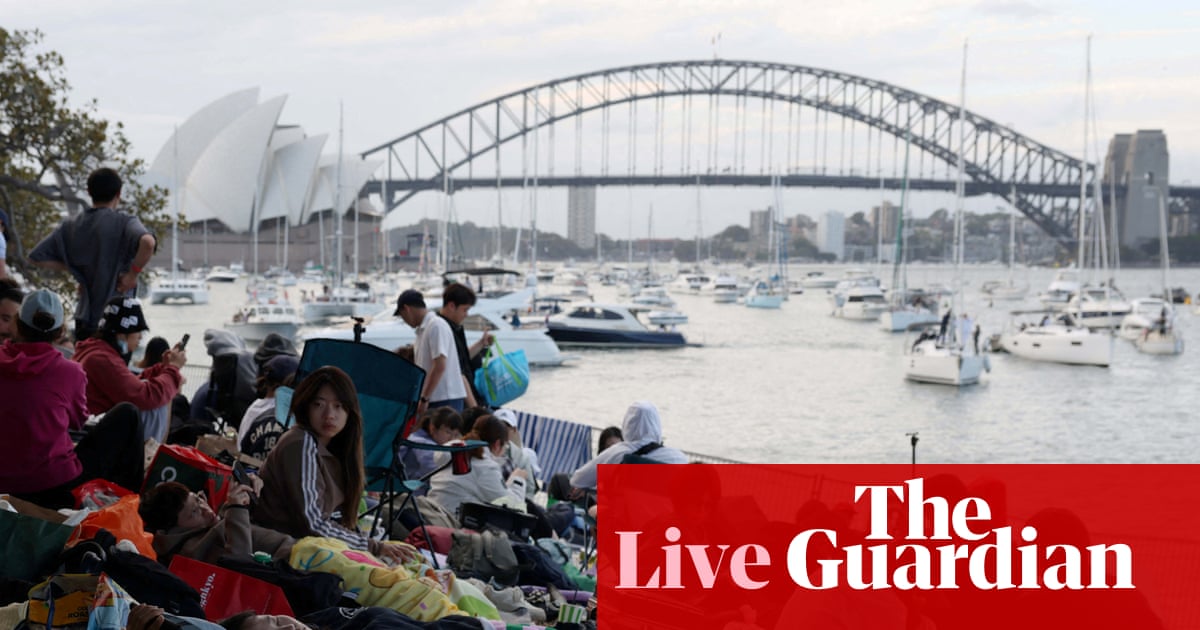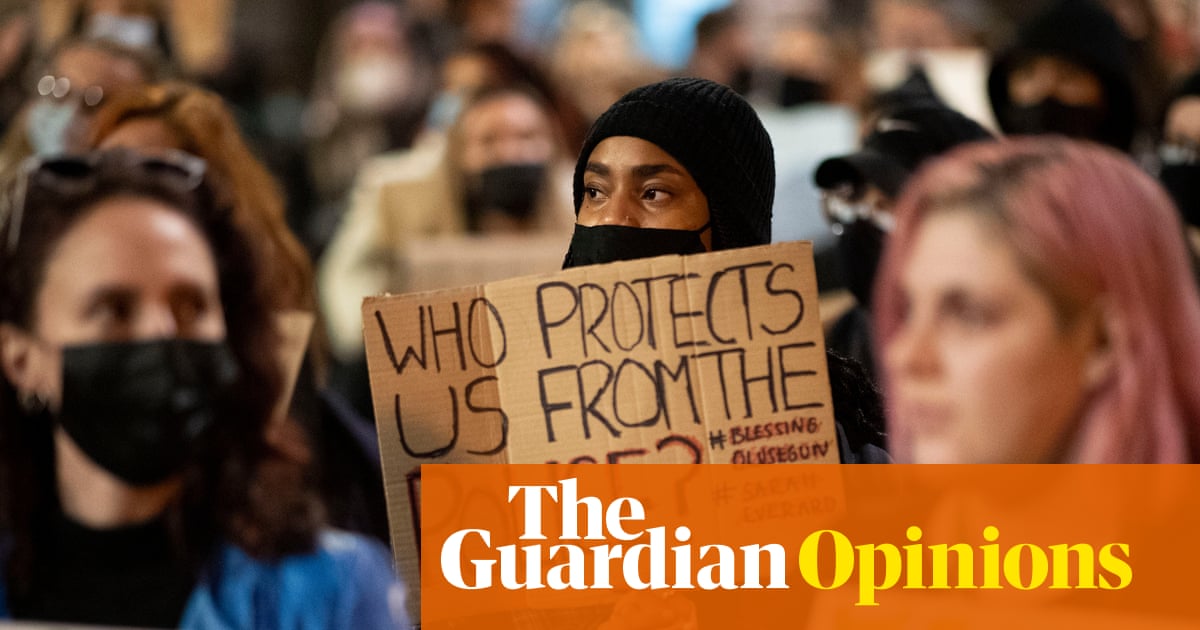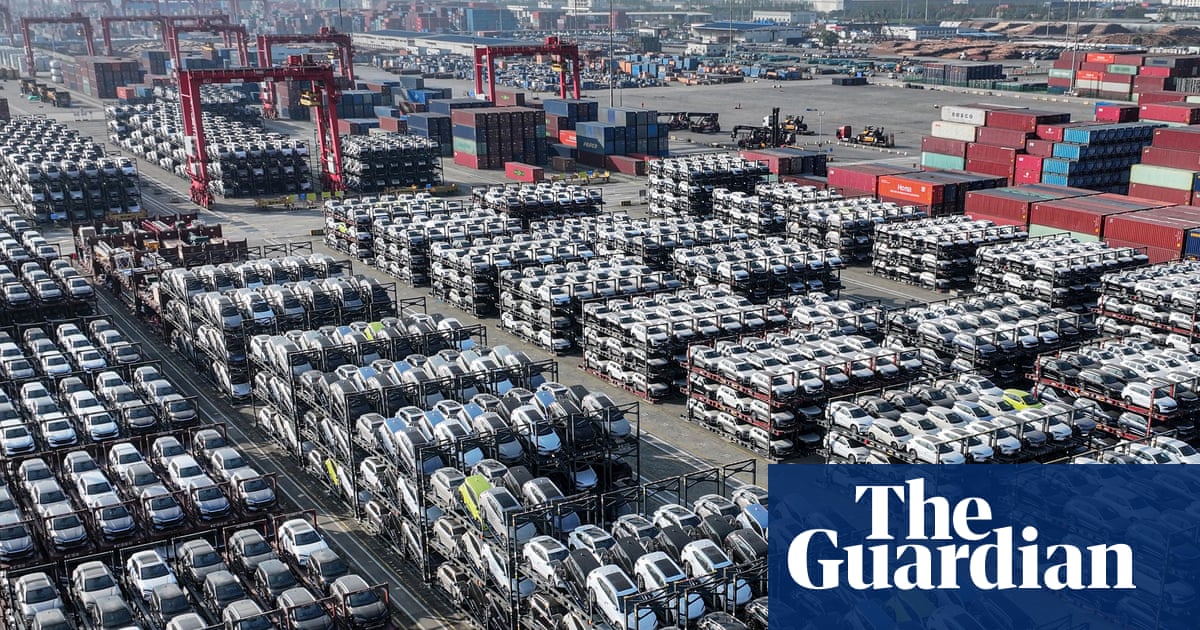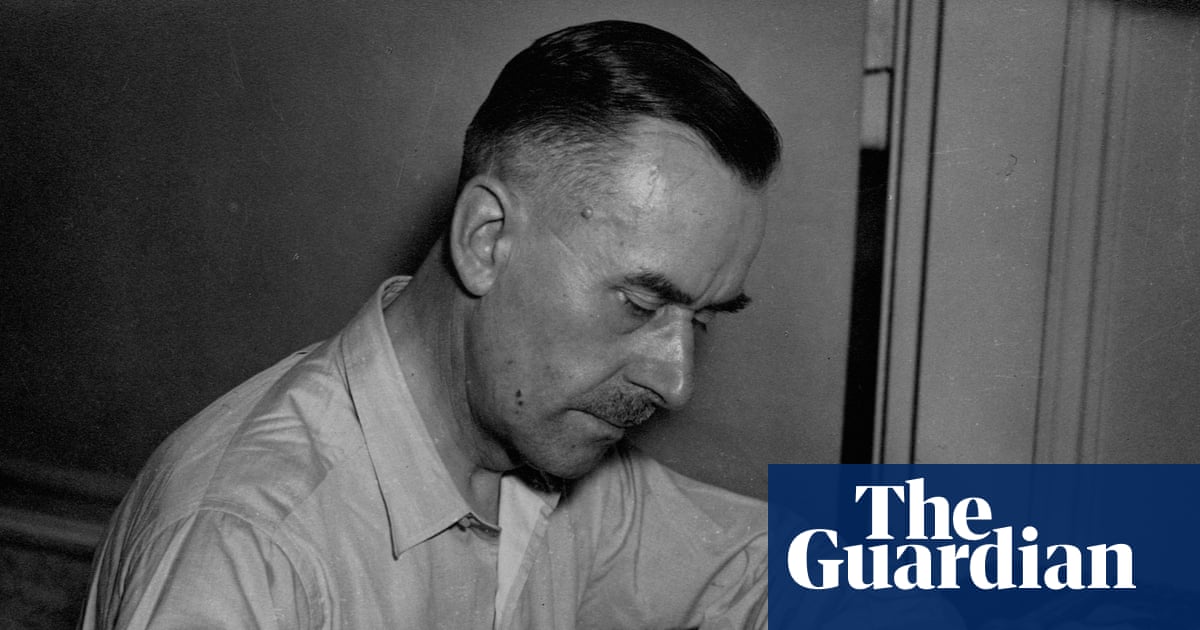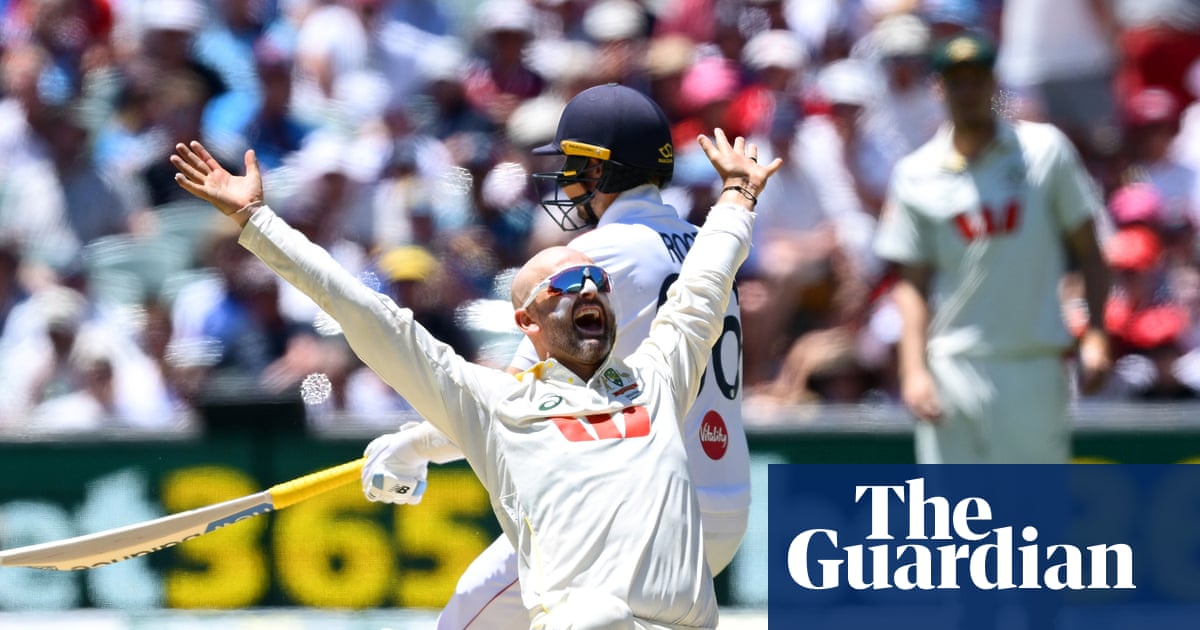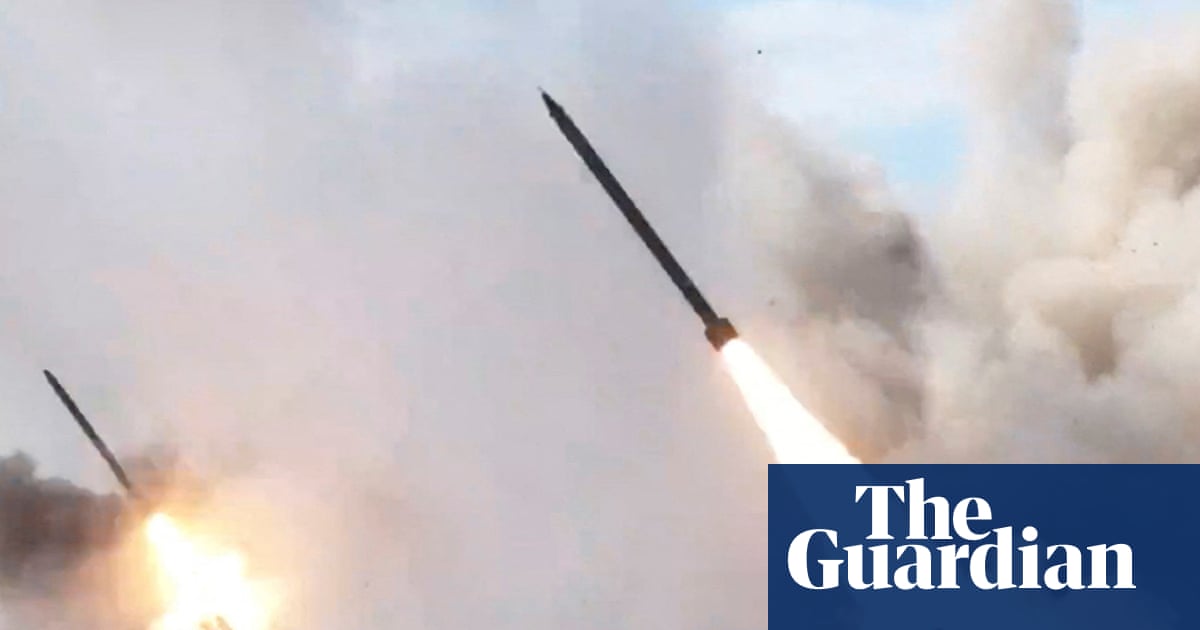Voters in Turkish-occupied northern Cyprus have been casting ballots in a presidential poll seen as pivotal to determining whether peace talks on the divided Mediterranean island can be revived.
In an election watched closely by the international community, the 218,000-strong Turkish Cypriot electorate has a choice: to either support the nationalist incumbent, Ersin Tatar, who advocates a two-state solution to the complex Cyprus problem, and further integration with Turkey, or the leftwing veteran, Tufan Erhürman, who backs a return to UN-brokered peace talks.
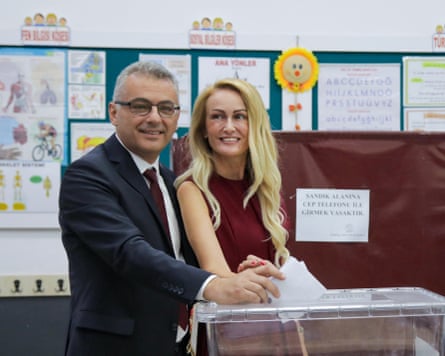
Tatar’s approach would see further integration with Turkey, the only country to recognise the breakaway state; Erhürman’s would raise hopes of Greek and Turkish Cypriots uniting in a bi-zonal, bi-communal federation.
“It’s a crucial election,” the former euro MP Niyazi Kizilyürek told the Guardian on Sunday.
Although seven candidates are vying for the post, analysts predict that only the incumbent leader or Erhürman, 55, a charismatic academic, can muster the 50 % of the vote needed to claim victory. If an absolute majority isn’t attained in the first round, a runoff will be held next Sunday.
Polls have indicated a neck-and-neck race between the two contenders. With votes to be counted at 777 polling stations erected in villages and towns across the north, results are not expected until after 8pm local time.
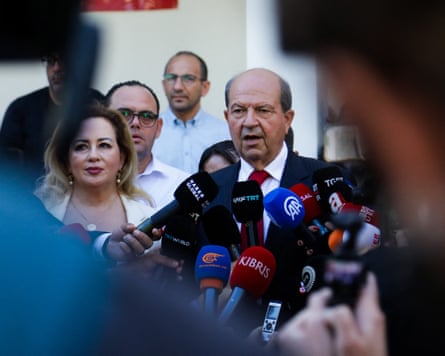
Cyprus has been ethnically split between its majority population of Greeks in the internationally recognised south and Turks in the north since a coup inspired by the then junta in Athens aimed at union with Greece prompted Turkey to invade and seize the island’s northern third in 1974.
Ever since, as many as 45,000 mainland Turkish troops have been stationed in the territory. Eight years later, the entity unilaterally declared independence but in the absence of a solution, decades of international isolation have ensued.
On the eve of Sunday’s election, Tatar, 65, who has been openly backed by Ankara throughout his five-year term, insisted that a federal solution to the decades-long dispute was “a trap, a plan to destroy the Turkish Republic of Northern Cyprus and drive Turkey off the island, a plan to seize control of the eastern Mediterranean”.
UN-brokered negotiations to reunite Cyprus have been paused since they spectacularly broke down in the Swiss mountain town of Crans-Montana eight years ago – the longest hiatus in the peace process ever.
after newsletter promotion
Standing in the UN-patrolled buffer zone that bifurcates Nicosia, the island nation’s capital, Sami Özuslu, an MP in Erhürman’s main opposition Republican Turkish Party (CTP), said the vote was tantamount to being a gamechanger.
“We don’t have another five years to waste,” he said.
Cyprus joined the European Union in 2004, but in the absence of a settlement the benefits of membership have only extended to the south.
Interaction between the two communities, although limited politically, is not uncommon, with thousands of Turkish Cypriots crossing through checkpoints into the economically wealthier south for work daily.
For many, the cross points are a lifeline.

 2 months ago
52
2 months ago
52
